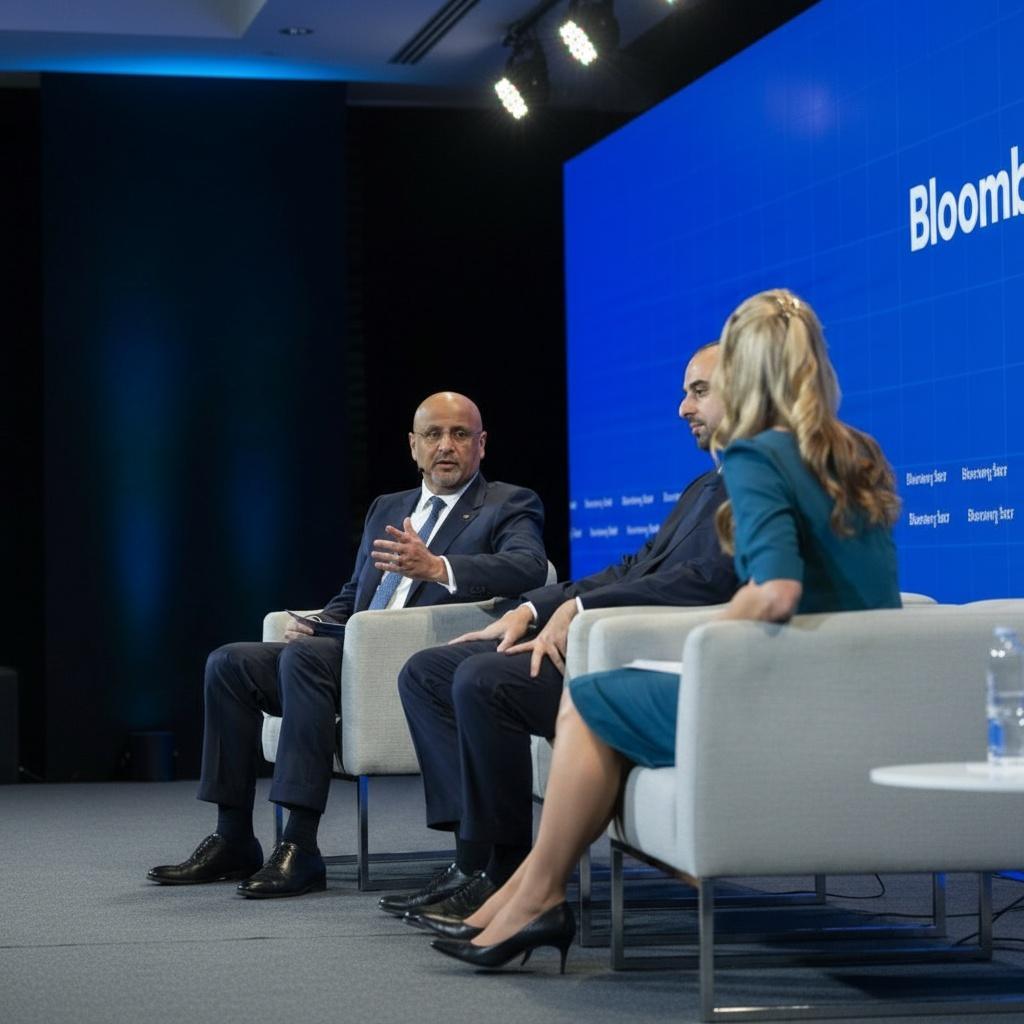Why Kuwait Is Fast-Tracking Its Digital Shift
Kuwait is moving decisively to build a sustainable, inclusive digital economy under Vision 2035. The government’s agenda centers on modern communications infrastructure, cloud-first services, AI adoption, and skills development to drive efficiency across public services and competitiveness in the private sector. Recent regulatory moves, new cloud investments, and strategic alliances with global technology companies signal a step-change in digital readiness and international tech cooperation.
Networks and Cloud: Upgrading the National Backbone
Kuwait’s telecom regulator, the Communications and Information Technology Regulatory Authority (CITRA), is reallocating spectrum and modernizing networks to expand advanced 5G services. A key milestone is the nation’s planned shutdown of 3G by June 2025, which frees capacity to improve 4G and 5G performance and prepare for 5G-Advanced capabilities. Independent assessments indicate steady improvements in mobile experience as operators shift resources to next-generation networks.
To anchor the country’s cloud transformation, CITRA signed a long-term land lease with Google Cloud to establish multiple data center sites in Kuwait. This investment is designed to strengthen digital sovereignty, unlock secure cloud adoption for government and regulated industries, and accelerate digital services across sectors. Policy workshops and public statements from officials also underscore cloud computing’s central role in national security, resilience, and economic diversification.
Digital Government, Identity, and Citizen Services
Public-sector modernization is a pillar of the Vision 2035 roadmap. Kuwait is advancing secure digital identity and e-government capabilities through partnerships and regulatory updates that enable broader access to digital services. Emerging national frameworks emphasize privacy, interoperability, and trusted identity to simplify access to government benefits, payments, licensing, and healthcare, while reducing administrative overhead. These foundations support wider use of AI to streamline case handling, customer support, and data-driven policy analysis.
Partnerships and Skills for a Future-Ready Workforce
Kuwait is leveraging global partnerships to build capacity at scale. Collaboration with major technology firms such as Google Cloud and Microsoft focuses on technology transfer, cloud migration, cybersecurity, and AI adoption across ministries and enterprises. Complementing infrastructure investments, the Central Agency for Information Technology (CAIT) launched new waves of digital skills initiatives with industry partners to upskill public servants, students, and professionals in cloud, data, and AI—ensuring the workforce can fully capitalize on upgraded platforms.
Enabling Regulation, Cybersecurity, and Innovation
Regulatory alignment is advancing in parallel with infrastructure. CITRA’s spectrum management, cloud enablement, and market oversight aim to foster competition, strengthen cybersecurity, and encourage new digital services. Broader national policy guidance continues to emphasize innovation-friendly procurement, data protection, and cross-border cooperation—helping Kuwait attract investment and position itself as a trusted regional hub for digital services. Industry forums and national conferences further connect government, operators, cloud providers, and startups to translate policy into measurable outcomes.
Outlook: From Infrastructure to Impact
With the 3G shutdown nearing completion, cloud data center plans progressing, and skills programs expanding, Kuwait is entering a phase focused on value creation: scaling AI-enabled services, boosting SME digitization, and accelerating secure cloud adoption in critical sectors. The near-term priorities are clear—ensure seamless network upgrades, operationalize cloud-first government, deepen international cooperation, and measure outcomes in citizen experience and productivity. If sustained, these moves can turn Vision 2035’s ambition into tangible gains in competitiveness, resilience, and inclusive growth.






